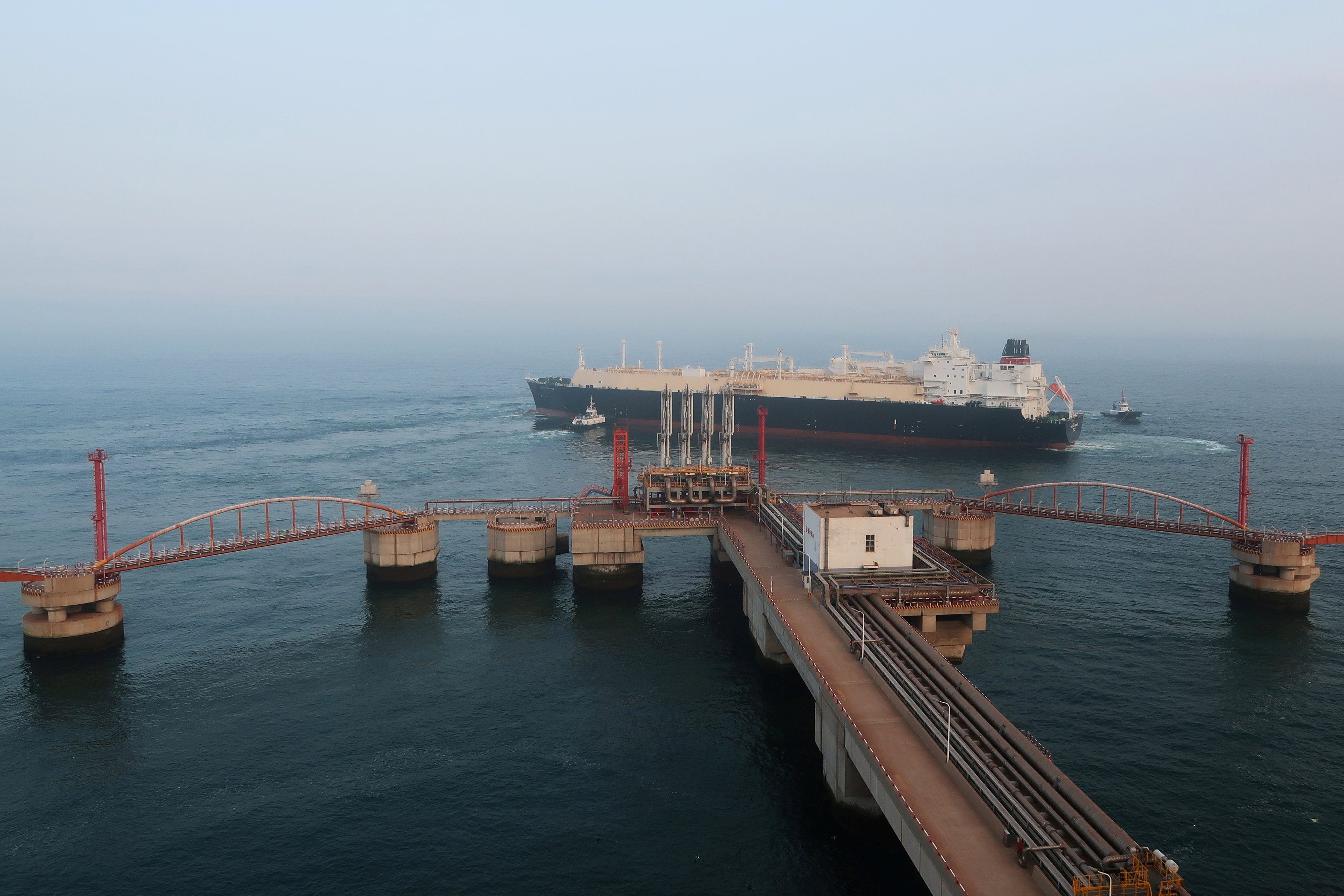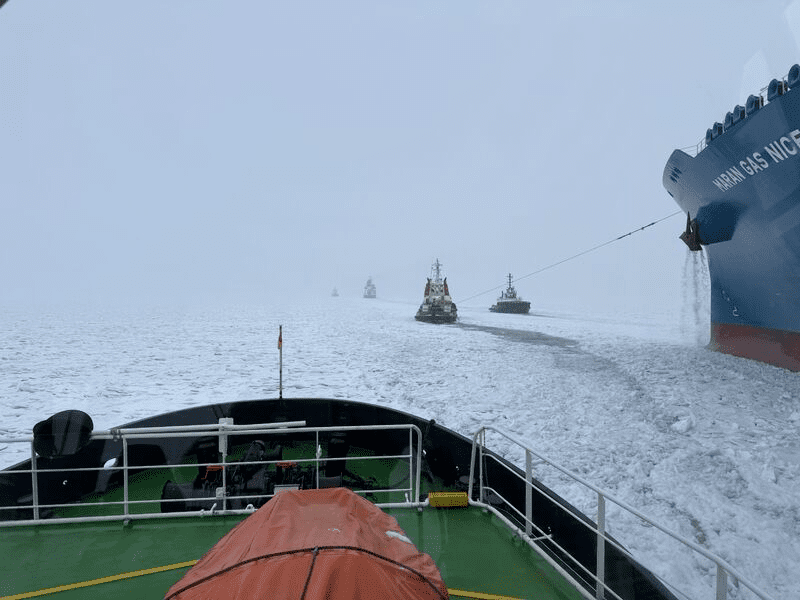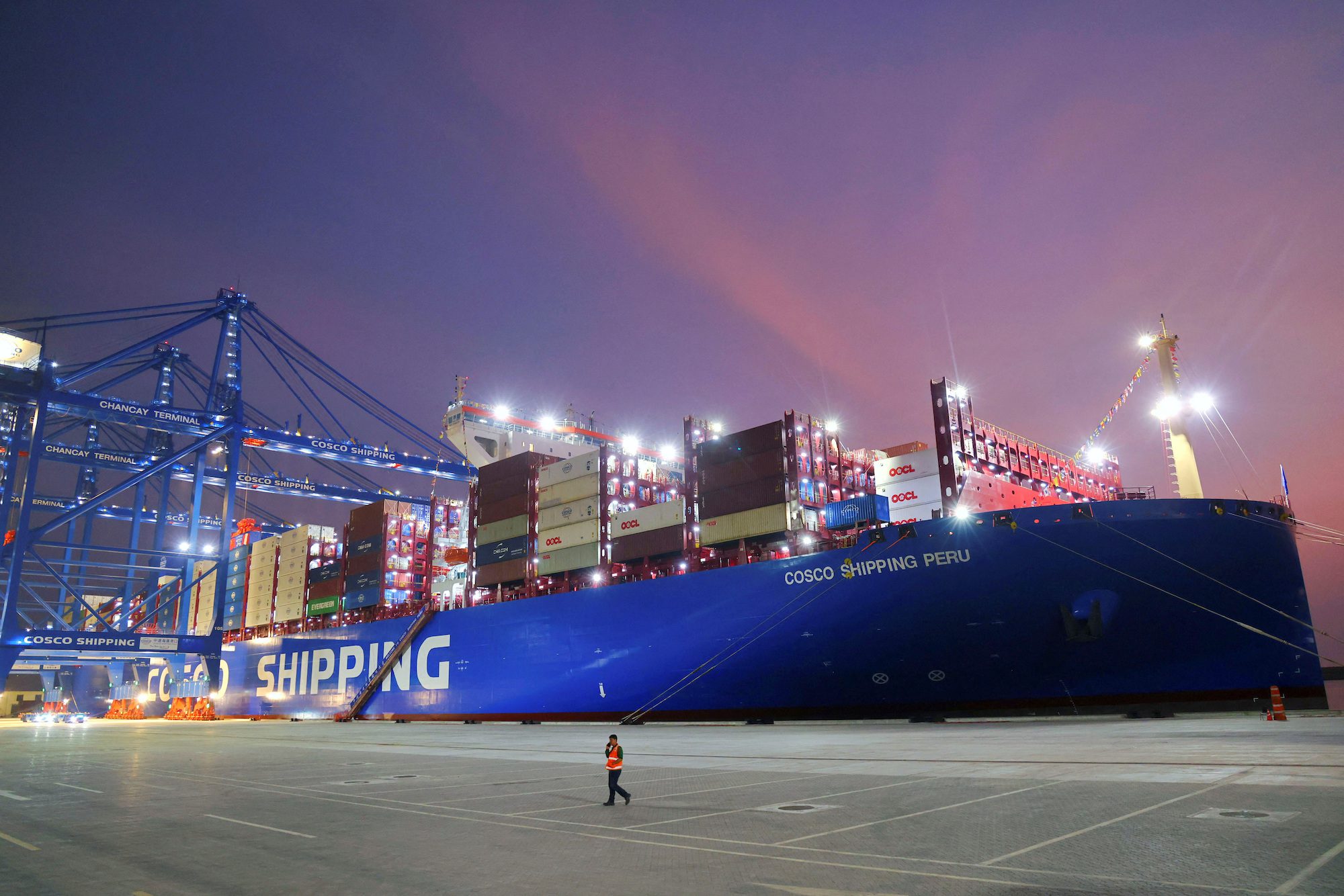By Bloomberg News (Bloomberg) —
China’s pivot away from Covid Zero is poised to boost natural gas demand in the world’s biggest importer, potentially curbing supply to Europe and other Asian nations.
China National Offshore Oil Corp. is now looking to secure more shipments of the super-chilled fuel for next year. The return to the market of one of the nation’s largest liquefied natural gas buyers follows a period of subdued demand, due to virus curbs suppressing economic activity, and may herald a rebound in imports.
Beijing’s move to reopen its economy and live with Covid-19 has seen most internal restrictions being dismantled over the last few weeks. Provided that’s not rolled back as cases surge, that will increase the challenge for Europe next year as it prepares for the winter of 2023/24 with little or no natural gas from Russia.
Chinese gas imports are likely to be 7% higher in 2023 than this year, according to Wang Zhen, president of Cnooc’s Energy Economics Institute.
The forecast belies still-weak industrial demand. Many factories will send workers home earlier-than-usual for the Lunar New Year holidays, while local production and Russian pipeline flows are rising.
There are already signs China will need to increase LNG purchases to prepare for next year, however. Inventories at northern ports are depleting faster than normal amid cold weather and have dropped to the mid-to-low level, according to ENN Energy’s research group, while domestic LNG prices are trending higher.
To make matters worse, a drop in pipeline gas supply from Central Asia means China might have to rely more on seaborne LNG to meet the forecast increase in demand. That will put state-owned energy firms in direct competition with Europe for shipments of the seaborne fuel from major suppliers including the US and Qatar.
Rivals in Asia, including Japan, are moving to procure more LNG supply from February as colder weather is expected to drain inventories.
And it may make it even more difficult for developing nations to secure supplies of the power-station and heating fuel. That could increase the frequency of blackouts in places like Pakistan, Bangladesh and the Philippines.
On The Wire
A rare triple-dip La Nina is chilling Northeast Asia, with the densely populated region being hit by frigid weather that will add to global energy demand and push up fuel prices. China, Japan and South Korea will experience below-freezing temperatures over the next couple of weeks, according to forecasts from the US National Centers for Environmental Prediction.
–With assistance from Dan Murtaugh.
© 2022 Bloomberg L.P.
Editorial Standards · Corrections · About gCaptain
This article contains reporting from Bloomberg, published under license.

 Join The Club
Join The Club











